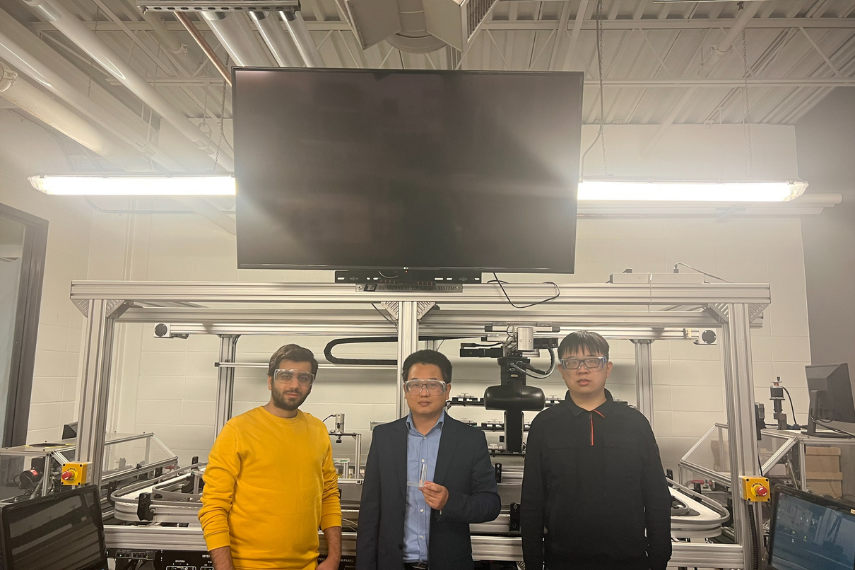
Revealing Tomorrow's Potential: How Digital Twin Technology is Reshaping Our World
Dr. Sheng Yang and team showcase a practical CBDT framework, altering real-world systems.

Dr. Sheng Yang and team showcase a practical CBDT framework, altering real-world systems.
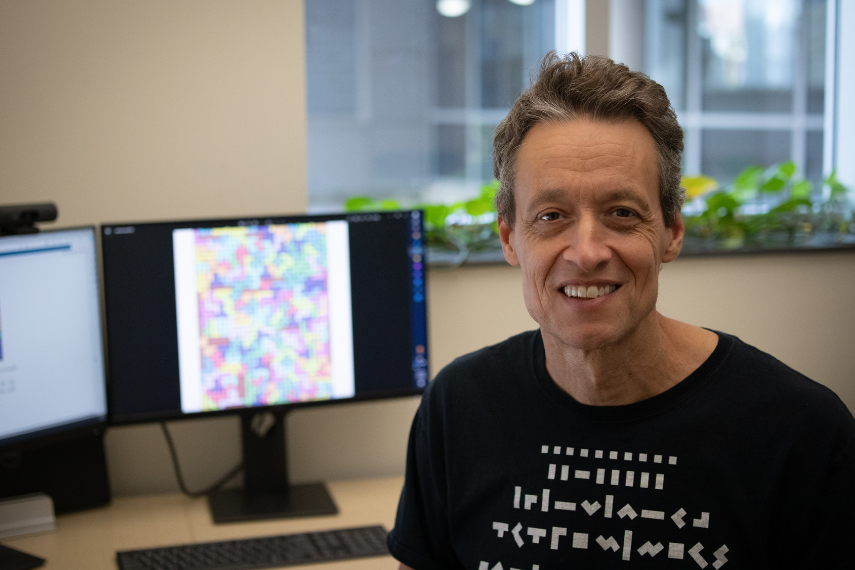
Embarking on a journey through the captivating realm of puzzles, Dr. Marcus Garvie transforms the enigmatic Eternity Puzzle into a thrilling adventure of mathematical ingenuity. Leveraging the power of integer linear programming (ILP), a field deeply intertwined with computational geometry, he not only tackles this challenging puzzle but also illuminates a path for solving similar perplexities.
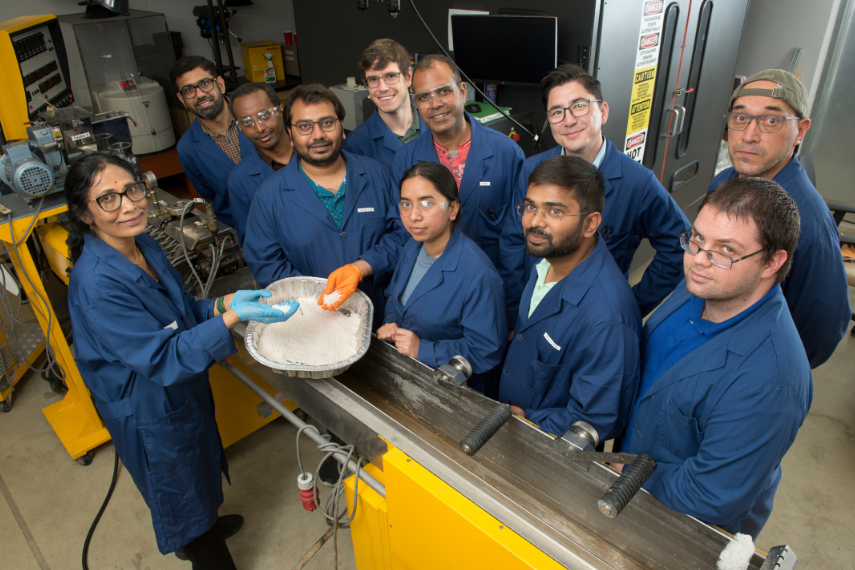
Innovative new material aids in the development of carbon capture technologies.
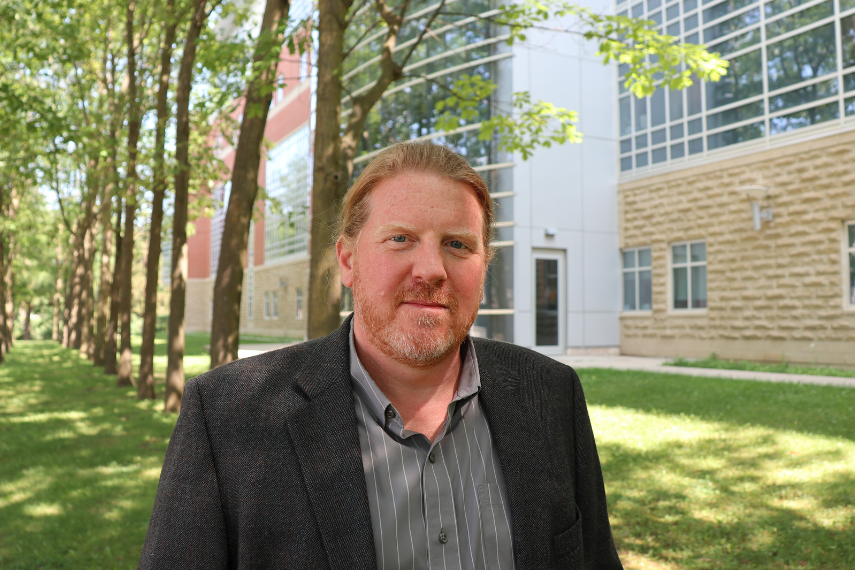
The University of Guelph and TRIUMF, Canada's national laboratory for particle and nuclear physics, proudly announce a new collaboration aimed at catalyzing advancements in the field of Nuclear Physics. This collaborative initiative underscores a shared commitment to nuclear physics research, culminating in the joint faculty appointment of Dr. Carl Svensson as a Research Chair in Gamma-Ray Spectroscopy and Rare Isotope Physics for a six-year term.

Machine learning sheds light on optimal nutrient management in water systems.
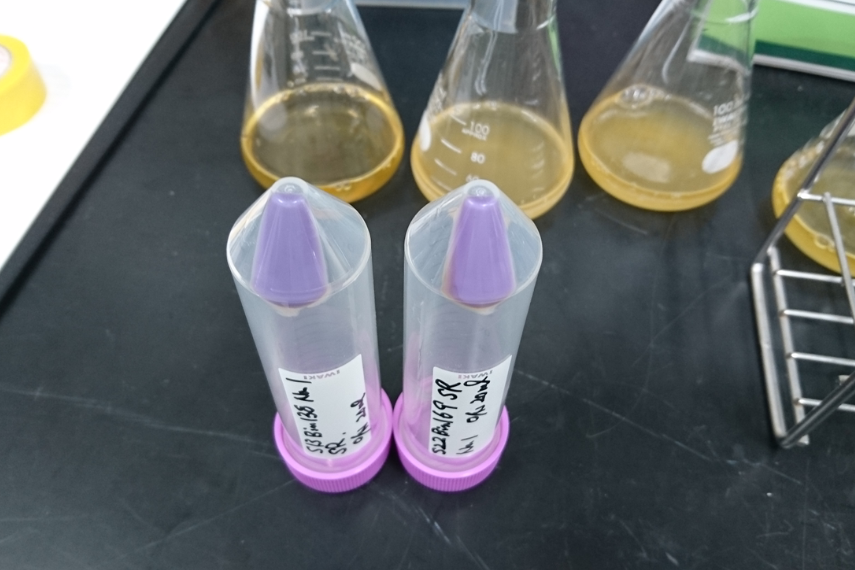
Researchers produce and study a new class of light-sensing proteins that can help us better understand how life evolved. Proteins are indispensable molecules for sustaining life.

Cherries, with their luscious taste and brilliant red hue, have been a symbol of abundance and life in various cultures. But beyond their aesthetic appeal, they hold a hidden potential waiting to be unlocked. In the heart of Ontario's fertile Niagara region, an innovative initiative is taking shape.
Dr. Ashutosh Singh, an Associate Professor from the School of Engineering at the University of Guelph specializing in food and bioprocess, is on a mission to revolutionize the way we view and promote lesser-known varieties of cherries.
The Cherry on Top

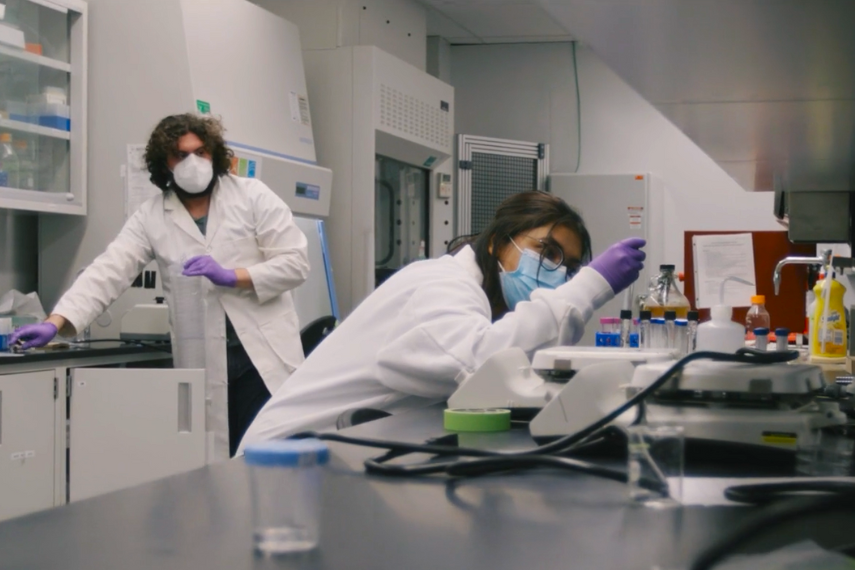
Innovative cold plasma battles crown rot, preserving bananas and reshaping agriculture sustainably.
Banana's Battle: Crown Rot Threat
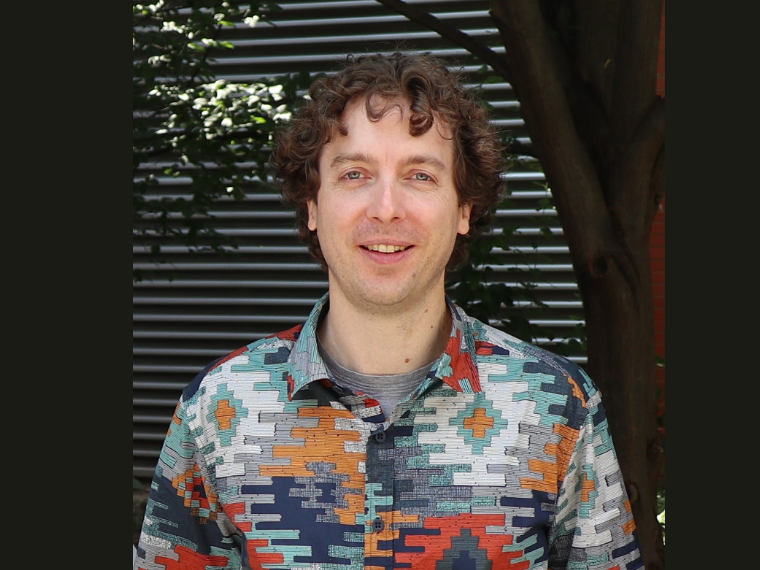
The University of Guelph’s Dr. Graham Taylor is set to play a pivotal role in a groundbreaking international initiative aimed at leveraging artificial intelligence (AI) to better understand the impact of climate change on biodiversity.